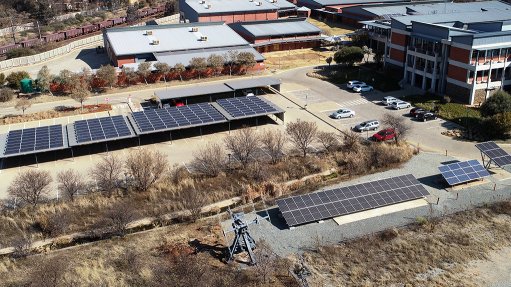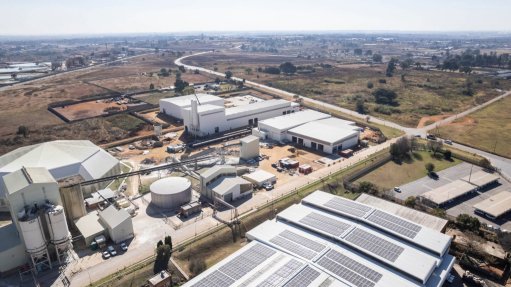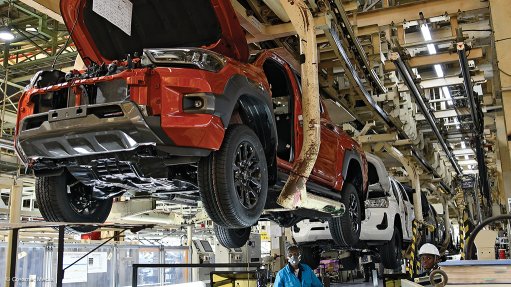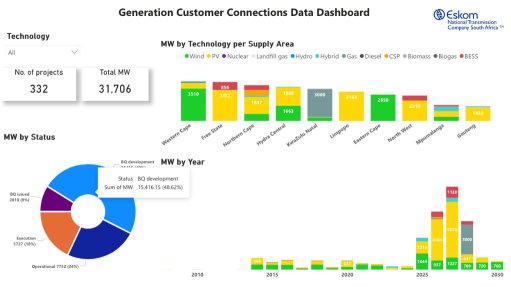Procurement woes stall South Africa’s infrastructure progress

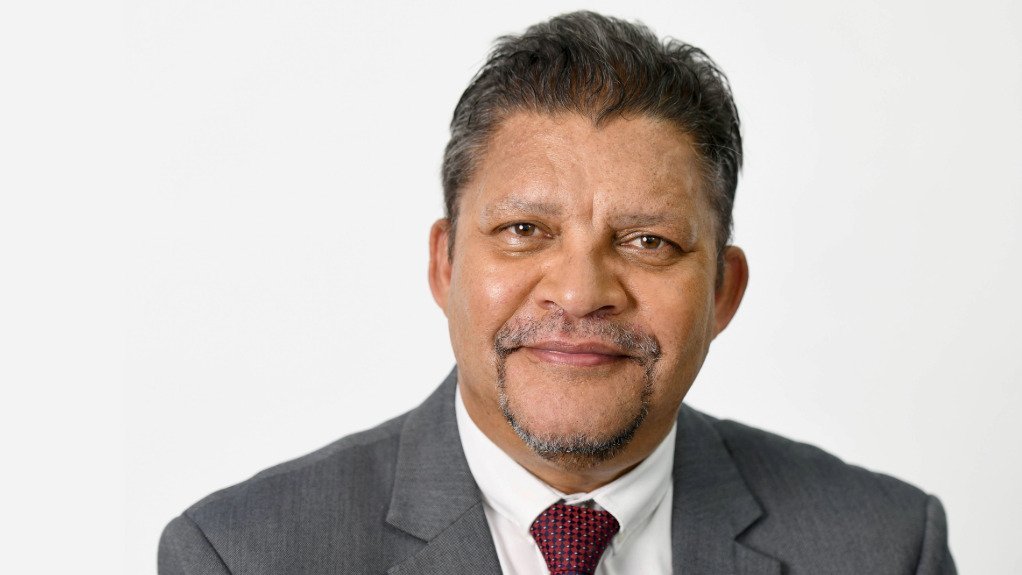
CHRIS CAMPBELL CESA is pushing for greater transparency in procurement, improved payment practices, and the prioritisation of quality over price
Despite growing demand for engineering services across South Africa, infrastructure project delivery continues to lag.
This is not for lack of capacity but rather because of deep-rooted systemic challenges, says Consulting Engineers South Africa (CESA) CEO Chris Campbell.
Consulting engineers are increasingly frustrated by stalled procurement processes and the steady loss of skilled professionals to emigration. These issues are not only delaying vital projects but also threatening long-term infrastructure goals across the country.
“The biggest issue for South African consulting engineers is the lack of continuity in project work, owing mainly to delays in procurement, budgeting and planning from the client side. There are far too many examples of projects being put on hold indefinitely, often after significant investment of time and effort by consultants. This uncertainty makes it incredibly difficult to maintain staff and skills, especially for small- to medium-sized firms,” Campbell tells Engineering News.
Intended to serve as the South African Police Service (Saps) headquarters, the Telkom Towers project, in Tshwane, is a compelling example. About R1-billion, over a decade, has been spent on the project, with minimal progress.
Campbell notes that delays such as these undermine project planning and disrupt the pipeline of work, especially for smaller firms that rely on a steady flow of projects to maintain income.
In many cases, engineers invest significant time and resources in tenders, only for the process to be cancelled or stalled indefinitely. This uncertainty also opens the door to poor procurement outcomes.
Often, tenders are awarded based on the lowest price, rather than technical merit, resulting in contracts being awarded to underqualified contractors. This not only compromises the quality and longevity of infrastructure projects but also forces consulting engineers to work under strained conditions, sometimes having to rectify poor workmanship at a later stage, Campbell adds.
Consequently, CESA is actively engaging with government and industry stakeholders to advocate for reforms that address these challenges.
Campbell confirms that CESA continues to prioritise and advocate for greater transparency in procurement, improved payment practices and that quality and expertise – not only pricing – be considered when appointing a professional service provider. “CESA continues to engage robustly with all levels of government through formal structures and processes.”
The organisation is also working with key partners, such as the Auditor-General’s office and the Construction Industry Development Board, to influence change.
Despite these efforts, Campbell warns that unless there are deliberate policy shifts and political will to implement reforms, the engineering sector will remain hamstrung by issues such as delayed procurement, corruption, underqualified contractors and erratic payment cycles.
“These systemic challenges, unless tackled through sound leadership and ethical governance, will continue to impede the successful implementation of infrastructure projects that are vital to South Africa,” he concludes.
Article Enquiry
Email Article
Save Article
Feedback
To advertise email advertising@creamermedia.co.za or click here
Comments
Press Office
Announcements
What's On
Subscribe to improve your user experience...
Option 1 (equivalent of R125 a month):
Receive a weekly copy of Creamer Media's Engineering News & Mining Weekly magazine
(print copy for those in South Africa and e-magazine for those outside of South Africa)
Receive daily email newsletters
Access to full search results
Access archive of magazine back copies
Access to Projects in Progress
Access to ONE Research Report of your choice in PDF format
Option 2 (equivalent of R375 a month):
All benefits from Option 1
PLUS
Access to Creamer Media's Research Channel Africa for ALL Research Reports, in PDF format, on various industrial and mining sectors
including Electricity; Water; Energy Transition; Hydrogen; Roads, Rail and Ports; Coal; Gold; Platinum; Battery Metals; etc.
Already a subscriber?
Forgotten your password?
Receive weekly copy of Creamer Media's Engineering News & Mining Weekly magazine (print copy for those in South Africa and e-magazine for those outside of South Africa)
➕
Recieve daily email newsletters
➕
Access to full search results
➕
Access archive of magazine back copies
➕
Access to Projects in Progress
➕
Access to ONE Research Report of your choice in PDF format
RESEARCH CHANNEL AFRICA
R4500 (equivalent of R375 a month)
SUBSCRIBEAll benefits from Option 1
➕
Access to Creamer Media's Research Channel Africa for ALL Research Reports on various industrial and mining sectors, in PDF format, including on:
Electricity
➕
Water
➕
Energy Transition
➕
Hydrogen
➕
Roads, Rail and Ports
➕
Coal
➕
Gold
➕
Platinum
➕
Battery Metals
➕
etc.
Receive all benefits from Option 1 or Option 2 delivered to numerous people at your company
➕
Multiple User names and Passwords for simultaneous log-ins
➕
Intranet integration access to all in your organisation












